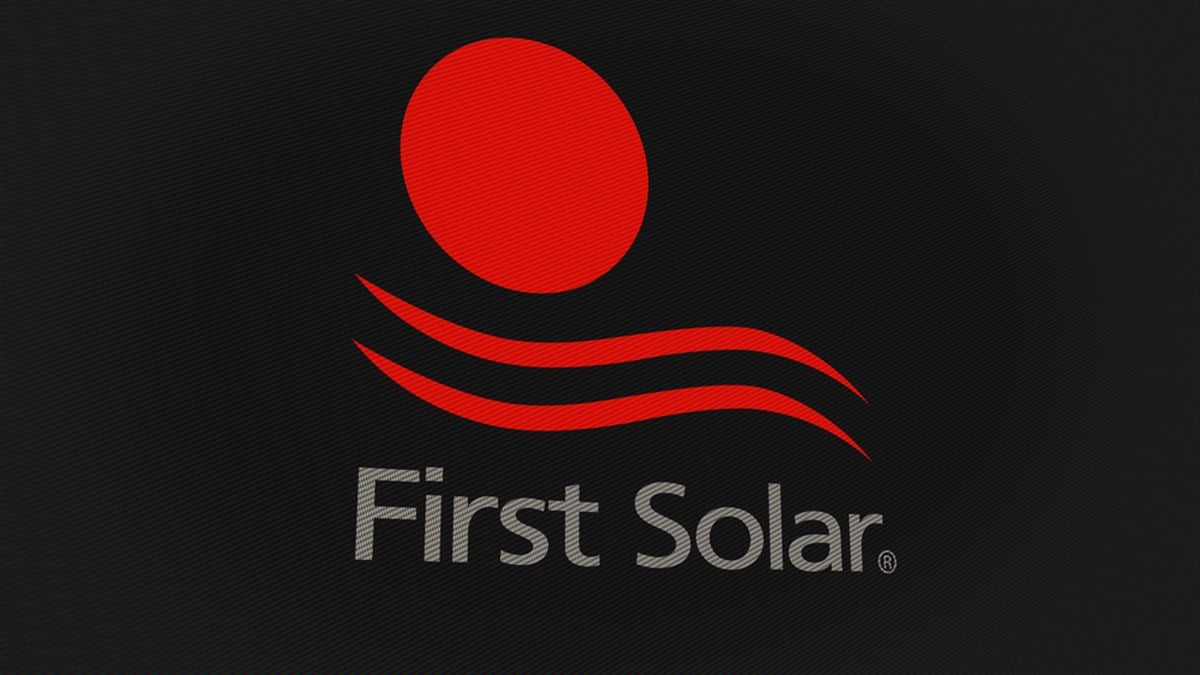
Solar energy stocks haven’t been part of the market hype, which rallied to all-time highs in the past quarter after potentially pricing in the Federal Reserve’s (the Fed) interest rate cuts, which never came. One sector holding up its end of the performance bargain is energy, helping shares of First Solar Inc. (NASDAQ: FSLR) become a potential target.
After announcing its first quarter 2024 earnings results, arguably the most important as they set the tone for the rest of the year, First Solar stock declined by roughly 5% in after-hours trading. While the price action is justified by contracting financials over the year, some investors could keep the bigger picture in mind.
There’s much more than meets the eye in how First Solar could show markets a swift turnaround this year, driven by macro trends in the energy market and its capacity, particularly between oil and solar. As the U.S. economy gets ready for a pivot, here’s how industry divergence can help First Solar.
Higher Oil Makes Solar Panels Seem Brighter
[content-module:CompanyOverview|NASDAQ:FSLR]After trading in a tight range for the past few quarters, the price of oil per barrel finally broke above its $80 ceiling. Reaching a high of $90 in April 2024, a quick breather back to $80 may have given First Solar investors a doubtful feeling.
However, it could be a temporary stop before moving higher. After all, analysts at The Goldman Sachs Group Inc. (NYSE: GS) see oil going as high as $100 a barrel this year. While bold, these assumptions actually have some backing behind them.
Goldman’s 2024 macro outlook report states that the U.S. manufacturing sector could also break out this year. Because the Federal Reserve is on the brink of cutting interest rates, a divergence between the ISM manufacturing PMI index and the services PMI index is now widening.
Manufacturing contracted for over a year, while services became solely responsible for pushing U.S. gross domestic product (GDP) higher. Still, that script could be about to flip on its head. Lower interest rates imply a weaker dollar, making American exports more attractive to foreign nations.
February’s manufacturing PMI saw a 6.4% boost in export orders, confirming that global players are on top of this trend. To fulfill these orders, manufacturers need to ramp up production, and they need oil to do so.
Knowing this, analysts at Wells Fargo & Co. (NYSE: WFC) looked to First Solar during this inevitable economic tendency.
Wall Street’s Take on First Solar
Seeing a price target of up to $250 a share, Wells Fargo calls for a 41% upside from where First Solar stock trades today. As oil becomes the more expensive energy source, solar (being the most feasible today) may become the next best thing for consumers and investors.
For this reason, analysts expect to see 54.6% earnings per share (EPS) growth for the stock this year, beating the solar industry’s average growth rate of 32%. More than that, 92% of First Solar is owned by institutions, giving investors another quality stamp.
Markets chimed in to give investors another perspective. Compared to the Energy Select Sector SPDR Fund (NYSEARCA: XLE), First Solar lagged behind by 13% over the past 12 months, but that changes when investors zoom in.
As oil prices rose, the past 6 months of price action show First Solar beating the energy sector by nearly 20%. Despite this stellar takeover, the stock still trades at only 70% of its 52-week high, leaving investors with a wide enough gap to fill before prices are considered ‘fair.’
The Quarter’s Golden Nugget
According to management’s presentation for the quarterly earnings, the global supply of solar energy (on a Gigawatt basis) is now overextended. As oil prices remained constrained, making fossil fuels a more attractive source of energy, nations that kept up with green energy production are sitting on a lot of inventory.
Among these is China, with Daqo New Energy Corp. (NYSE: DQ) stock falling by as much as 22% after disappointing earnings. Daqo is China’s largest polysilicon exporter (the primary material needed for solar panels), thus a leading indicator of the industry’s sluggish reality.
However, when investors focus on the lifeblood of the business, free cash flow (operating cash flow minus capital expenditures), things begin to look much better.
While net income declined by 32.2% over the year, cash flow from operating activities was positive $267.7 million compared to negative $34.6 million a year prior.
Pushing the envelope, management pointed to 78.3 gigawatts of sales backlog, marking a potential bottom for the solar industry despite having more than enough capacity. Investors should watch for oil prices, as they may cause First Solar’s sales backlog to realize, proving Wall Street analysts right.
